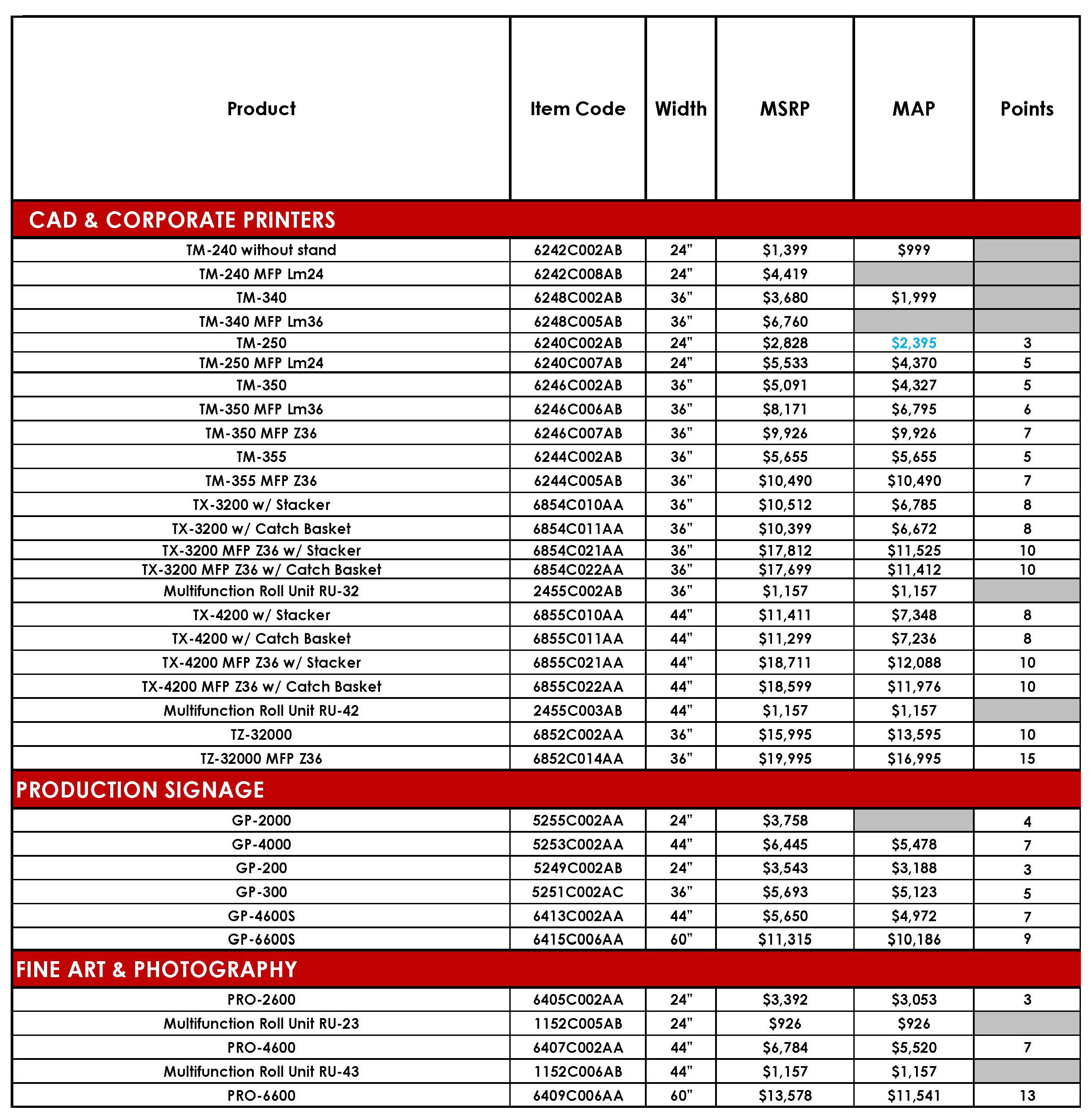As the Boomers begin to retire and Millennials rise in the workplace, this generation is driving some of the biggest transformational changes in workplace dynamics in decades. Millennials are the first generation to have grown up with the technology we’ve all come to rely on.
Studies have shown that Millennials are more collaborative than other generations, prefer opportunities to work remotely, are more connected and prefer to use technology to interact and get their work done.
According to the Pew Research Center, more than 30% of American workers today are Millennials. They’ve recently surpassed Generation X to represent the largest generation in the workforce. As Boomers continue to retire, more Millennials will be taking on management roles.
As they do, there will continue to be significant changes in office dynamics, and operations. Here are three workplace trends Millennials are eliminating.
Email Will No Longer Be the Main Internal Communication Tool
Email has been traditionally the most efficient form of communication in the office. While many businesses still rely on it, some are beginning to phase it out in favor of other forms like instant messaging and live chat tools. As more tech-savvy Millennials take charge, watch for the rise of alternatives like live chat, project management platforms and real-time collaboration technology.
Traditional Office Space Design Will Go The Way of the Dinosaur
Millennial leaders are transforming the traditional office space into workspaces designed to foster communication and collaboration. They’re eliminating cubicles allowing for more open meeting spaces and seating areas. Open offices encourage more one-on-one, in-person interaction to better facilitate communication. This leads to better problem solving, more rapid collaboration, and community development and increased morale.
No More 9 to 5
The US Bureau of Labor and Statistics reported that over 20 million Americans choose part-time work to gain a better work-life balance and more flexibility. Technology has made the 9 to 5 workday obsolete and as they gain control, connected Millennial leaders are using technology to create environments that give employees flexibility over their schedules; for example, implementing floating work hours and allowing employees to work remotely when and where it works best for them.
Whether you’re managing Millennials, have them in management positions or at the executive level, being aware of these growing transformations will help you to better prepare for the future.



